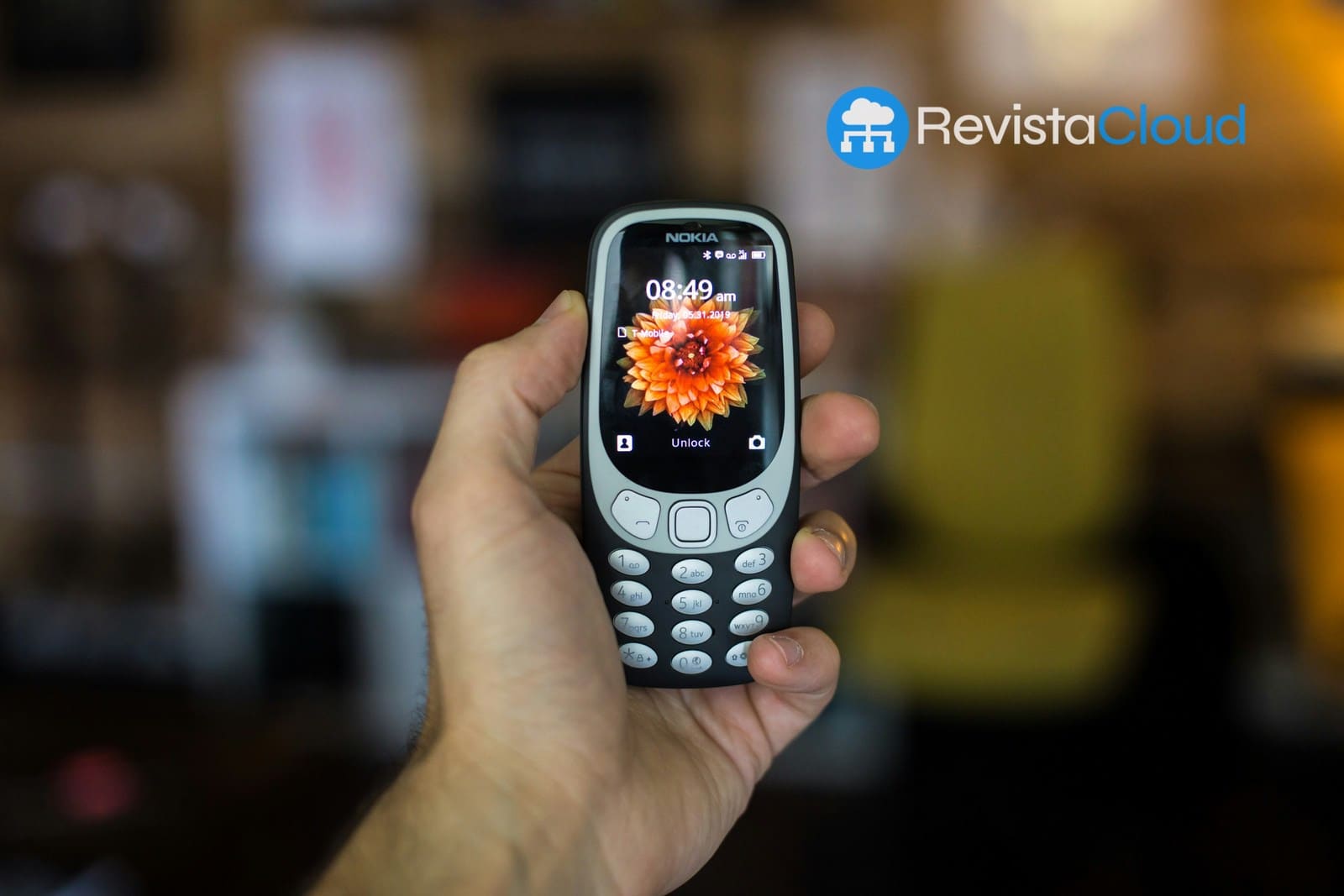In an era dominated by digital saturation, with push notifications, emails, and instant messages constantly bombarding our devices, Short Message Service (SMS) emerges as a revitalized and surprisingly effective channel for business communication. Far from becoming obsolete, SMS has proven to be a direct and universal communication tool, capitalizing on its simplicity and virtually unlimited penetration.
Unlike other channels that require internet access, SMS only needs a basic network connection to ensure message delivery. This feature makes it an extremely reliable medium to reach any mobile phone user, anywhere and at any time, highlighting its importance in marketing and communication strategies.
The appeal of SMS lies in its ability to stand out amidst daily communication noise. While a user may receive dozens of emails or messages on messaging apps, a single SMS can effectively capture their attention due to less congestion in the text message inbox. Furthermore, the high open rates, exceeding 90%, significantly contrast with those of other channels, such as email, which rarely reach 20%.
The immediacy of SMS, reflected in the instant appearance of the message on the recipient’s phone screen, is vital for urgent or time-sensitive communications. This provides a tangible advantage over emails and app notifications, whose effectiveness may be compromised by lack of internet connection or user custom settings.
One of the pillars of the SMS resurgence is its universality. Compatibility with any mobile device eliminates technological barriers, allowing businesses to reach even those users with older phones or without constant internet access. This universal accessibility ensures that SMS remains an essential communication channel, capable of cutting through digital noise and delivering messages efficiently and reliably.
Advancements in SMS technologies, such as verified messages, have further strengthened its appeal, enhancing security and enabling more personalized and direct communication. These improvements increase customer trust and reduce risks associated with spam and phishing, reinforcing the value of SMS as a business communication tool.
Marketing platforms like Acumbamail, LCRcom from Grupo Aire, and others, have further facilitated the use of SMS, offering simple and effective solutions for sending text messages. This demonstrates the ongoing relevance and potential of SMS in the current communication landscape, where its simplicity, effectiveness, and reliability make it an indispensable resource for any company looking to maintain a direct and effective connection with its customers. In summary, in an increasingly complex digital world, SMS stands out for its ability to offer clear, direct, and universal communication.

